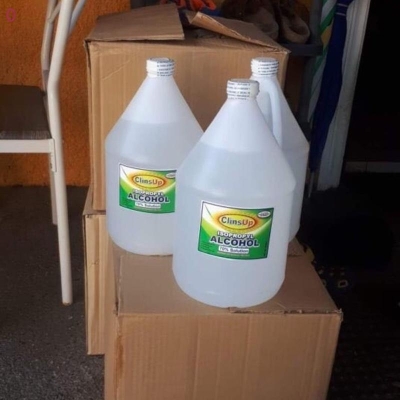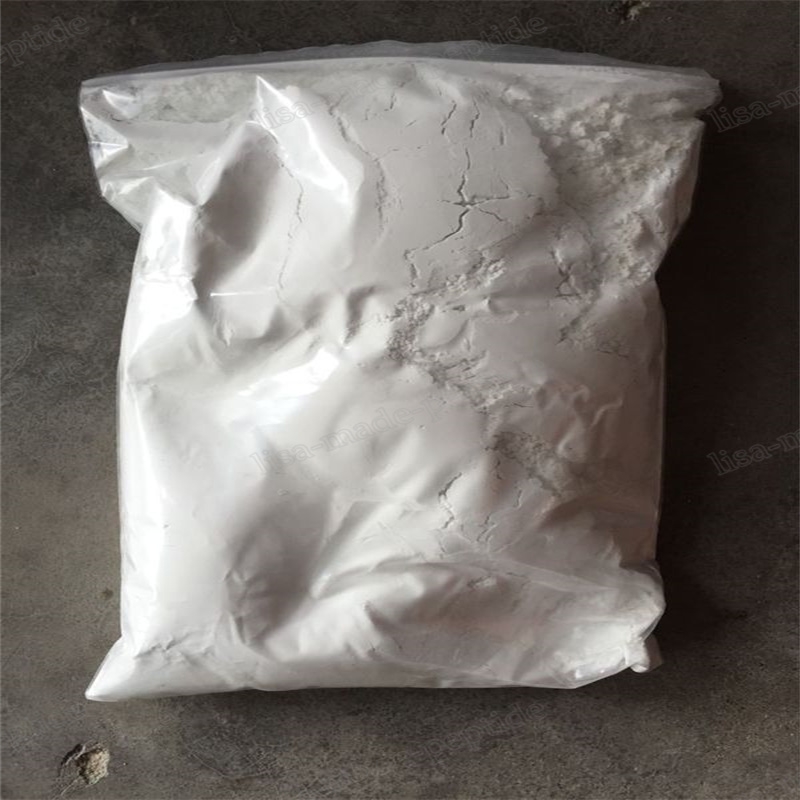-
Categories
-
Pharmaceutical Intermediates
-
Active Pharmaceutical Ingredients
-
Food Additives
- Industrial Coatings
- Agrochemicals
- Dyes and Pigments
- Surfactant
- Flavors and Fragrances
- Chemical Reagents
- Catalyst and Auxiliary
- Natural Products
- Inorganic Chemistry
-
Organic Chemistry
-
Biochemical Engineering
- Analytical Chemistry
-
Cosmetic Ingredient
- Water Treatment Chemical
-
Pharmaceutical Intermediates
Promotion
ECHEMI Mall
Wholesale
Weekly Price
Exhibition
News
-
Trade Service
In recent years, the global investment in chemical recycling technology for waste plastics has been accelerating
.
The past few months have seen a flurry of announcements related to capital projects, development partnerships and supply agreements, and commercial-scale processing facilities are being built on a massive scale around the world
.
Pyrolysis oil facilities are springing up
Among the many chemical recycling technologies for plastics, the pyrolysis process has always dominated
.
In recent months, pyrolysis oil production facilities in Europe and the United States have sprung up on both sides of the Atlantic
.
In May, Total Energy announced that it had signed a contract with Texas-based New Hope Energy to receive 100,000 tons of pyrolysis oil per year for the production of recycled plastics at its Tyler, Texas, plant
.
New Hope Energy has been operating its Trinity Oak pyrolysis plant in Taylor City since 2018 and has signed a multi-year supply contract with Dow in January 2022
.
To support the new contracts, New Hope Energy is planning to expand the Sany Oak pyrolysis plant to 16,000 tonnes/year by the end of 2022 and 156,000 tonnes/year by 2025
.
Currently, New Hope has partnered with Lummus Technologies for technology licensing
.
Lummus' new subsidiary, Green Circle, has combined New Hope's pyrolysis technology with Chevron Lumms' isoconversion technology and Lummus' steam cracking technology to produce polymer-grade ethylene from mixed waste plastics , polymer grade propylene and butadiene integrated technology package
.
In addition, BP signed a 10-year naphtha off-take agreement with Clean Planet Energy
.
According to the agreement, BP will receive the first batch of recycled petrochemical feedstocks and ultra-low sulphur diesel produced by Clean Planet Energy's 20,000-ton/year pyrolysis plant in Teesside, UK
.
These products will also be available to BP in the future through Clean Planet Energy's factories outside Teesside
.
Clean Planet Energy said it plans to build as many as 12 plants around the world
.
Other companies are building such industrial-scale projects as demand for pyrolysis oil increases
.
In May, Xycle, a joint venture between Royal Vopak, NoWIT and Patpert Teknow Systems, announced plans to start construction of a 20,000-ton/year pyrolysis plant in Rotterdam, the Netherlands, by the end of 2022, with operations expected to start in the fourth quarter of 2023
.
Xycle said its ultimate goal is to build and operate a pyrolysis capacity of 80,000 to 100,000 tons per year
.
In April, Houston-based Freepoint Eco Systems announced that it will continue construction of a pyrolysis plant with a plastic waste processing capacity of approximately 90,000 tons per year in Hebron, Ohio, which is expected to be completed in 2023
.
In October 2021, Freepoint announced that it would partner with Total Energy and Plastic Energy to build a 33,000-ton/year pyrolysis plant in Texas, US, with the facility scheduled to start production in mid-2024
.
In addition, Total Energy has partnered with Plastic Energy to build a 15,000-ton/year conversion plant at the Grande petrochemical complex in France, which is scheduled to start production next year
.
The two parties are also building a 33,000-ton/year pyrolysis facility in Seville, Spain, which will be commissioned in early 2025
.
The Woodland, Texas-based Encina Development Group announced in April that it plans to invest $1.
1 billion to use the company's proprietary fluidized catalytic cracking process for plastics, with a designed aromatics capacity of 450,000 tons per year
.
Encina expects the facility to be fully operational in fall 2024
.
Synthetic resin recycling projects flock to France
Recently, new projects related to synthetic resin recycling technology are also being developed, 4 of which are polyethylene terephthalate (PET) projects, all located in France
.
Eastman announced in January the construction of a $1 billion facility in the French port of Jerome-sur-Seine that will use the company's alcoholysis polyester recycling technology and is scheduled to start production in 2025
.
By then, the plant will be able to produce 160,000 tons/year of fresh PET resin from waste PET without using mechanical recycling methods
.
In addition, Canadian company Loop Industries also announced that it plans to set up a $285 million joint venture with Suez in France, which is scheduled to be put into operation in 2024-2025
.
France's Carbios and Thailand's Indorama announced in February plans to build a recycling facility based on Carbios' biorecycling technology at the Indorama plant in Lang-Laville, France
.
After being put into production in 2025, the project will be able to recycle 50,000 tons/year of PET resin
.
In May of this year, Axens announced to cooperate with Toray Industries to combine the PET depolymerization technology of Axens glycolysis with Toray's polymerization technology to build a 80,000-ton/year facility in Saint-Maurice de Benoise, France.
recycling factory
.
The project is currently in the engineering design stage, and the partners aim to commission their first 30,000-ton/year unit by the end of 2025
.
Intensive construction of new plastic degradation and recycling plants
In terms of plastic degradation and recycling, many companies are also intensively building new factories
.
In terms of polystyrene (PS), which is traditionally considered extremely difficult to recycle, in November 2021, INEOS Styrolution announced that it will cooperate with British Recycling Technology to build a PS recycling pilot plant in Swindon, UK, which is planned to be completed in the second half of 2022.
, will be the first advanced polystyrene recycling facility in Europe
.
In February 2022, Trinseo announced that it plans to build a 15,000-ton/year polystyrene recycling plant in Tysondello, Belgium, which will start construction at the end of this year
.
Toyo Styrene announced in February that it plans to invest US$33 million in the construction of a 3,000-ton/year PS recovery unit using Agilyx technology in Chiba, Japan, which is scheduled to be put into use in the second half of 2023
.
According to an announcement made in August last year, Agilyx and Kumho Petrochemical are considering building a PS recycling facility in South Korea
.
In addition, last September, Agilyx announced that its patented technology for plastic degradation has been extended to depolymerize all waste plastics
.
In February 2022, the company announced a strategic partnership with Virgin Group to develop a low-carbon fuel production facility from mixed plastic waste
.
PureCycle Technologies, a US-based recycling company, has developed a solvent-based purification process for polypropylene waste
.
The company announced in March that it had broken ground on a second plant in Georgia
.
The company expects to build 2 purification lines with a total capacity of 118,000 tons/year by the fourth quarter of 2023, and may build 6 more purification lines in the future
.
The company's first decontamination facility in Ironton, Ohio, will begin producing polypropylene plastic pellets in late 2022
.
Cyclyx International is a plastics recycling raw material consortium established by Agilyx and ExxonMobil
.







